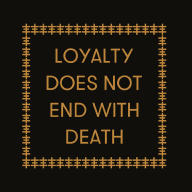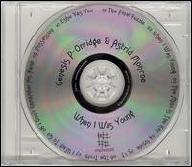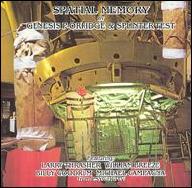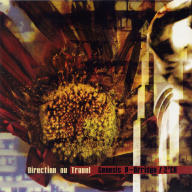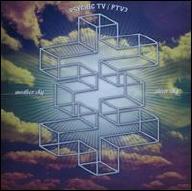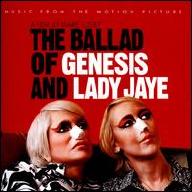Born Neil Megson, Genesis P-Orridge's controversial performing career began in Hull, England, in 1969. That year, he formed the abrasive improv outfit COUM Transmissions with then-partner Cosey Fanni Tutti. Unable to find many clubs willing to book the band's blend of fluxus-influenced performance art and industrialized punk rock, the collective often took to the streets, setting up at various outdoor locations throughout the city. Eventually acquiring grant money, COUM established a communal live-work space in Hull before moving to London after two members were arrested.
In October of 1976, with a new lineup that included designer Peter Sleazy Christopherson and Chris Carter, COUM assembled Pornography, an exhibit at London's Institute of Contemporary Art. The quartet appeared for the opening, performing "Music from the Death Factory" under their new name, Throbbing Gristle. Due to its status as a publicly funded event, the ICA and Throbbing Gristle drew fierce criticism and vicious attacks from the press. Being left with little possibility of finding a label to fund and promote the band's music, Throbbing Gristle established their own Industrial Records. In 1977, a year that spawned a number of seminal punk releases, P-Orridge (bass, electric violin, vocals), Tutti (guitar, cornet), Christopherson (tapes, trumpet), and Carter (keyboards) entered a studio to record their debut, Second Annual Report. An unyielding industrial onslaught, the record was based around multiple versions of "Slug Bait" and "Maggot Death," songs that detailed acts of serial killing. It was followed by the single "United"/"Zyklon B Zombie" (the latter of which took its name from a lethal gas employed by Hitler) and the abrasive audio collage of D.o.A: The Third and Final Annual Report (both 1978). Throbbing Gristle dissolved following 1980's Heathen Earth with Carter and Tutti forming Chris Cosey and P-Orridge establishing Psychic TV with Christopherson and John Balance.
Partly predicted by the abiding intensity and peculiar beauty of Throbbing Gristle's 20 Jazz Funk Greats, Psychic TV would allow a newfound pop sensibility to co-exist with their predecessor's penchant for indigestible noise and a love of the cut-up philosophy pioneered by William Burroughs and Brion Gysin. The group only released two proper studio collections (1982's Force the Hand of Chance and 1983's Dreams Less Sweet), but managed an astonishing 18 live albums and scored a minor hit with "Godstar," an ode to late Rolling Stone guitarist Brian Jones. Christopherson and Balance departed early, however, to focus on electronic outfit Coil. P-Orridge maintained a shifting Psychic TV lineup into the early '90s, when controversy struck once again. During the band's 1991 U.S. tour, the group's tattoo artists had been arrested over an incident dubbed "Operation Spanner". P-Orridge was pursued by a television crew that raided his home in an unsuccessful attempt to turn up incriminating evidence. The singer opted to remain in the U.S. throughout most of the '90s.
Upon returning to England he discovered that many of the cultural taboos that once had his critics so incensed had now found their way into the fabric of a more liberal society. Ever searching for the ideal musical outlet, P-Orridge formed Thee Majesty in the late '90s, a collaboration with Larry Thrasher and Moroccan Jajouka musicians Bachir and Mustafa Attar. The group appeared alongside a re-formed Psychic TV at London's Royal Festival Hall in 1999. Genesis P-Orridge died on March 14, 2020 in New York City after a two-and-a-half year struggle with leukemia. ~ Nathan Bush, Rovi



